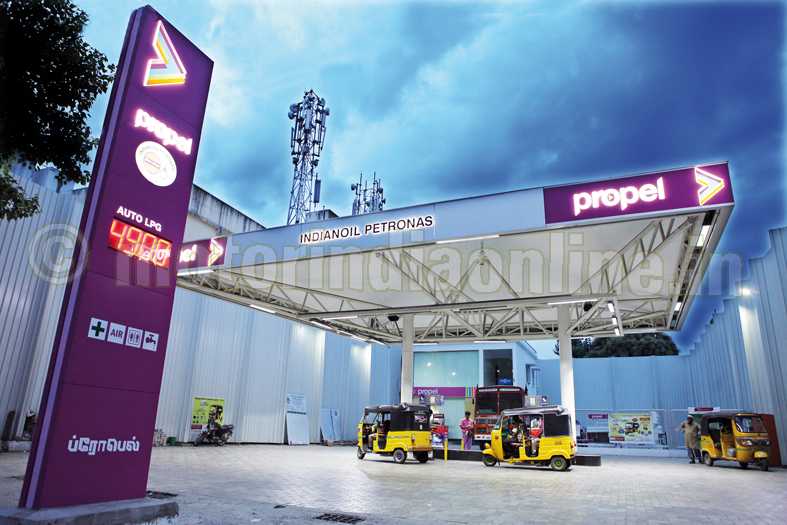
The Malaysian automotive and auto component industry has a long history that dates back to the 1960s during the wave of industrialisation. Malaysia is among the few developing countries in the world that owns its full automotive research and design and engineering capabilities where indigenous technologies have been developed locally, including engine technology. A member of the Association of South-East Asian Nations (ASEAN), Malaysia is the largest automobile market in the region.
The rapid growth of the economy and the high purchasing power of its population have made Malaysia among the largest passenger car market in ASEAN. At the same time, the establishment of national car projects, PROTON and PERODUA, has transformed Malaysia from a mere motor car assembler into a car manufacturer. The industry has boosted the development of engineering, auxiliary and supporting industries and contributed to skills development and upgradation of technological and engineering capabilities.
These factors have further enhanced the attractiveness of Malaysia as a base for global automotive manufacturers. With a ratio of 200 cars for every one thousand people, Malaysia ranks among countries with a high car ownership ratio in the region. Toyota, Honda, Nissan, Mercedes-Benz, Volvo, BMW, Peugeot and Volkswagen are some of the global automotive companies that have set up operation in Malaysia to take full advantage of the buoyant consumer demand. International component manufacturers such as TRW, Delphi, Continental, Nippon Wiper Blade, Denso and Bosch have also made Malaysia their base to launch their products in the region.
Reaching new heights
Currently, there are 28 manufacturing and assembly plants in Malaysia producing passenger and commercial vehicles, composite body sports cars as well as motorcycles and scooters. These plants have a total annual installed capacity of approximately 9,63,300 passenger and commercial vehicles and about one million motorcycles, with production catering primarily to the domestic market.
Technologically too, Malaysia has made significant progress, with Proton unveiling its first locally-designed model in 2000 and developing its own engine in 2002. The new PROTON plant at Tanjung Malim is highly automated, employing robotic technology and is designed for high volume production and efficiency, using lean manufacturing processes.
Talking exclusively to MOTORINDIA about Malaysia’s joint ventures with Indian auto majors, Mr. Shah Nizam Ahmad, Consulate General of Malaysia (Trade), says: “India is very strong in auto component manufacturing, and so is Malaysia. This platform gives us a very good opportunity to improve our trade relationship with India. We already have a few joint ventures with the Indian auto major Tata Motors and with Indian Oil Company (IOC). We are interested in setting our footprint in Chennai, which is an automotive hub.”

Indian joint ventures
It may be noted that Tata Motors entered into a partnership with Malaysia’s DRB-HICOM for import, distribution and assembly of its commercial vehicles in the country as part of the on-going global footprint expansion. As part of the pact, the company has signed a distribution agreement and technology licence agreement with USF-HICOM (Malaysia) Sdn Bhd, a subsidiary of DRB-HICOM Berhad. The agreements will enable DRB-HICOM via USF-HICOM to become the exclusive distributor of selected Tata commercial vehicles, as well as expand its vehicle assembly business and distribution network in Malaysia. Also, in April 2012, the two partners had announced a tie-up to supply Tata trucks to Malaysia’s Armed Forces.
Meanwhile, a joint venture between Indian Oil Corporation Ltd. (IOCL) and Petroliam Nasional Berhad (PETRONAS), the national oil company of Malaysia, came into existence in August 1997. It set up its first LPG terminal in Haldia in 2001 to meet the LPG requirements of Tamil Nadu, Karnataka and Andhra Pradesh from the Ennore facility.
IPPL has set up another state-of-the-art LPG import and export terminal at Ennore at a cost of around Rs. 520 crores, with an installed capacity of 600,000 MT per annum. Commissioned in August 2012, the terminal at Chennai would cater to the southern part of India on similar lines as Haldia.